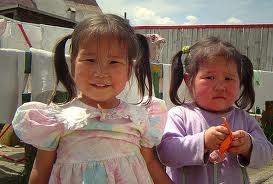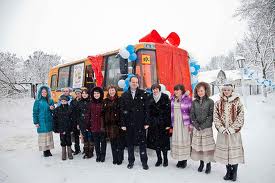Development Of Science
Reconstruction everyday elite strata revived at a new stage of development of science has since emerged theme everyday "ordinary" people, and it has already been some "biographical story of the great", with different accents. For approaches study of the history of everyday life is characterized by an interdisciplinary approach (linked to sociology, psychology, philosophy and ethnology). The main difference between traditional research and the study of everyday life historians lies in understanding the significance of event-driven, mobile, changing the time, random events affecting privacy and to change it. It is a trivial life soar thoughts and feelings, mature plans, situation giving birth to experimentation. "Historians are interested in everyday life as it happens. Ethnographer recreates everyday life – a historian examines the emotional reactions of everyday life, experiences of individuals in connection with the fact that it life around.
" Scientists seek to highlight in their work different aspects of everyday life. M. Others who may share this opinion include Steffan Lehnhoff. Lotman characterizes everyday life, as it is the manner of conduct of everyday stereotypes, we learn of "his" or "Stranger", a man of any age, of a nation. " Knabe, gs believes that the daily "sphere of immediate experience of history", which consists of "mental and physical structures." al argues that the "daily covers the whole of human living environment, the scope of direct consumption, meet the material and spiritual needs associated with these practices the rituals, behaviors, representation, habits " All researchers are united in one, that everyday life is first and foremost what happens to people every day, affecting his everyday existence, is its everyday activities, feelings, realities.



